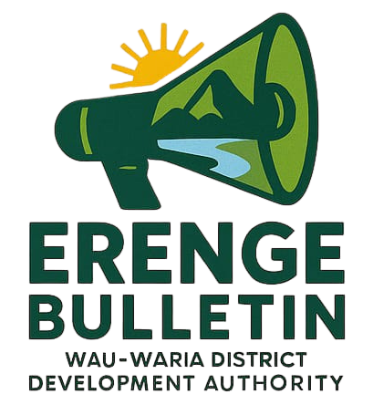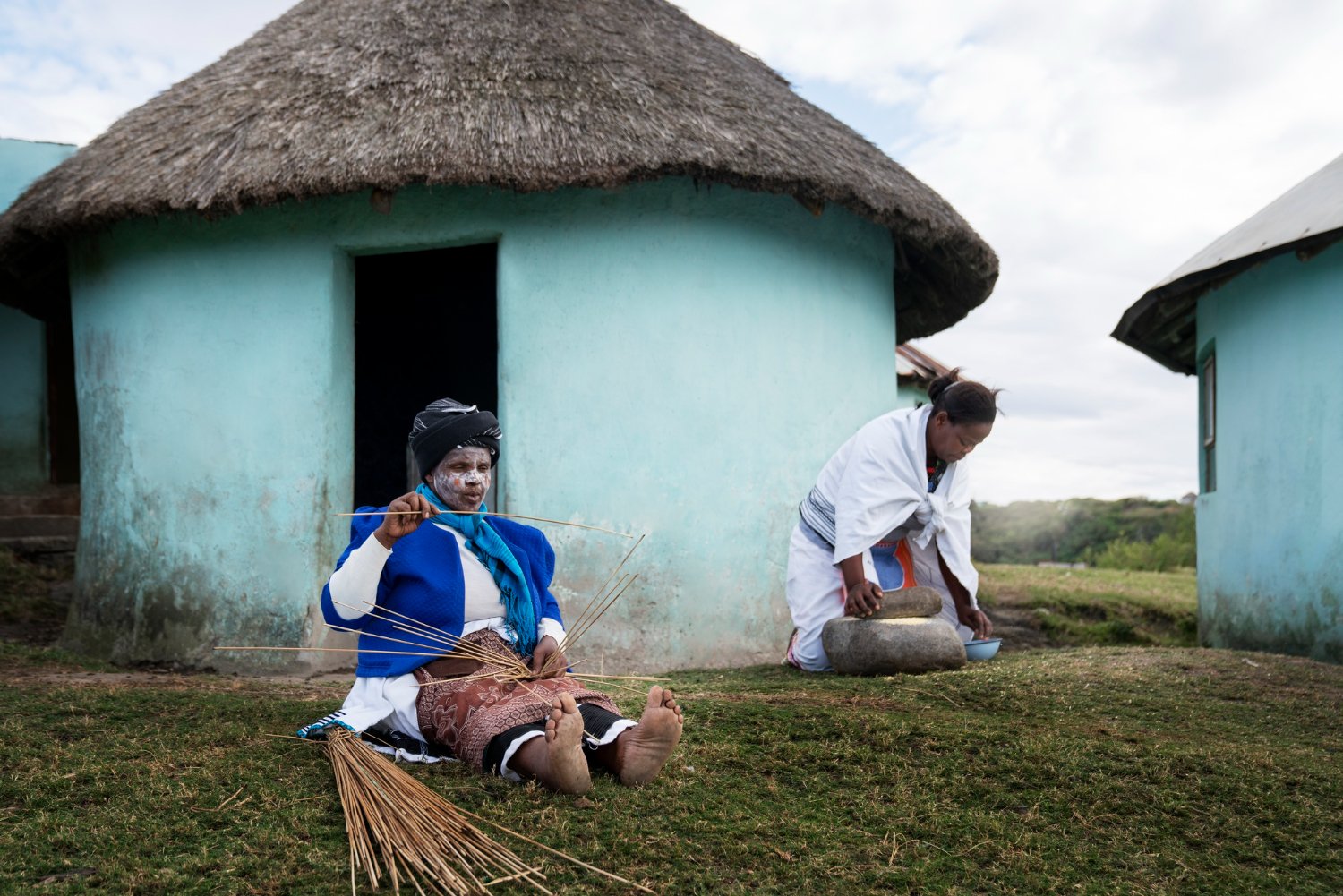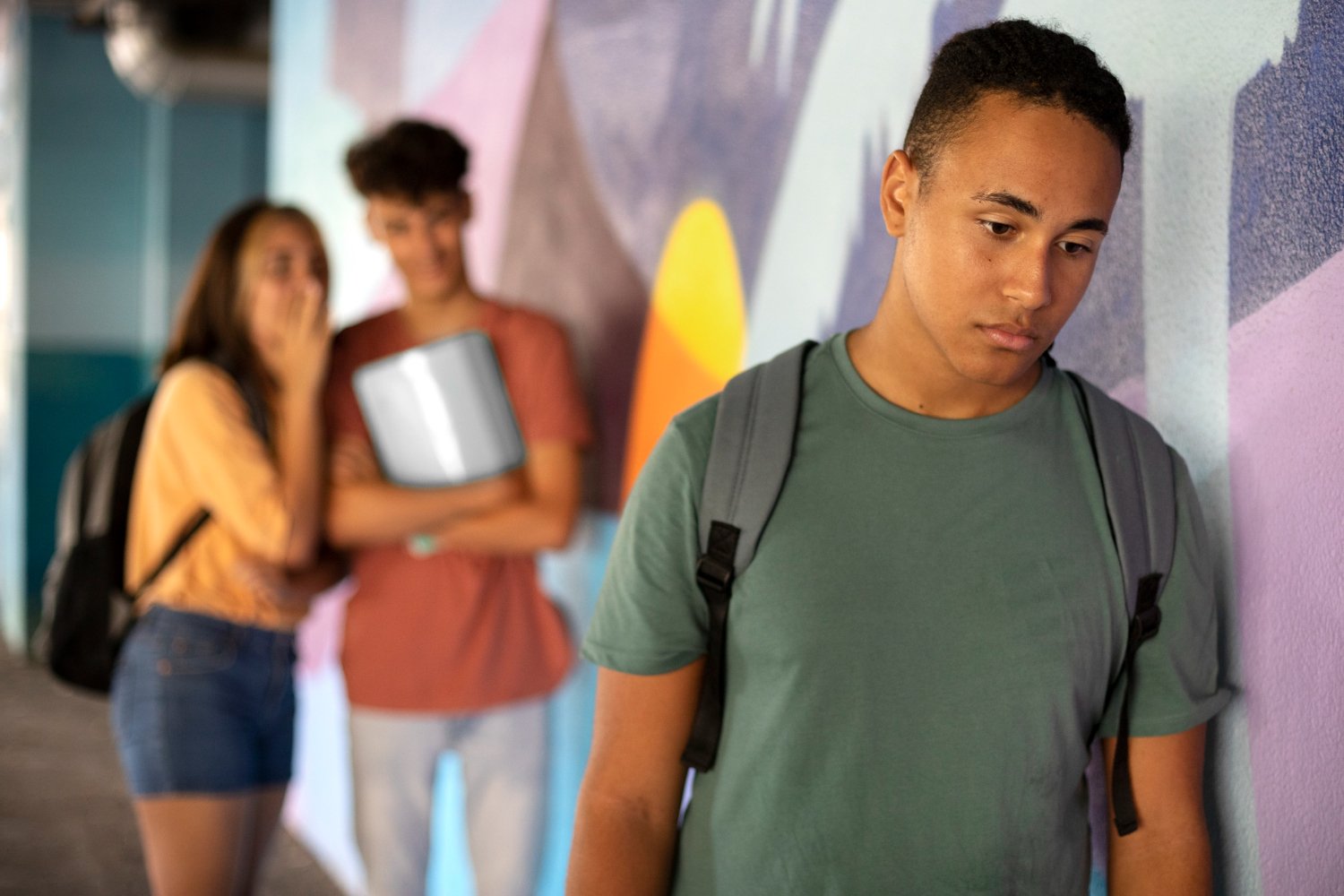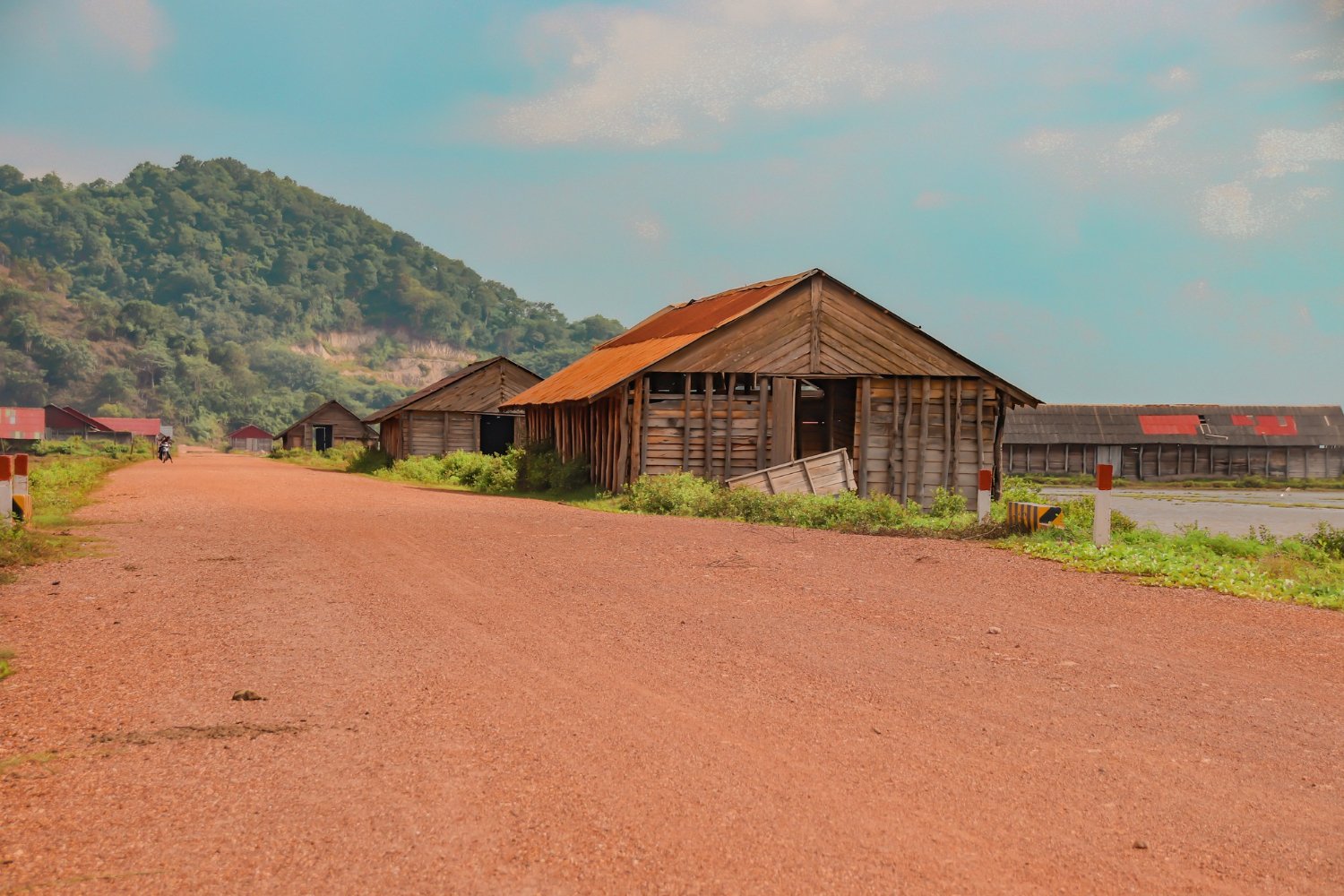For generations, Wau-Waria has been known for its gold mines — a land where many dreamed of fortune but found back-breaking labor instead. In a region where mining was often seen as the only pathway to survival, a quiet revolution is taking place: education is reshaping the future.
Today, more and more young people in Wau-Waria are trading pickaxes for pencils, and the transformation is opening doors that once seemed firmly shut.
Life in the Mines: A Hard Reality
Mining has long been a way of life in Wau-Waria. Entire families — including children — would spend long days digging, panning, and carrying heavy loads under the harsh sun.
The work was dangerous, with little guarantee of reward. Accidents, illnesses, and poverty were all too common. For many families, there seemed to be no alternative.
“I started working in the mines when I was 12,” says Michael, now 19. “I missed school because we needed the money to survive. I never thought there was another way.”
This cycle of poverty and limited opportunities trapped many generations, tying their futures to the uncertainty of the earth beneath them.
A New Path: The Rise of Education
Change didn’t happen overnight. It took the efforts of community leaders, non-profit organizations, teachers, and parents who believed that education could offer a different kind of wealth — one measured not in gold, but in knowledge, opportunity, and dignity.
Across Wau-Waria, new schools have been built. Scholarships and school feeding programs have been introduced to help families send their children to class instead of to the mines. Campaigns stressing the importance of education, especially for girls, are slowly shifting mindsets.
“When my daughter said she wanted to become a nurse, I realized she needed school, not a shovel,” says Anna, a mother from a small village.
How Education Is Changing Lives
The effects of education in Wau-Waria are already clear:
- Fewer Children in Mines: School enrollment is rising, and fewer children are risking their health in the mining fields.
- New Dreams and Careers: Young people are now training to become teachers, health workers, business owners, and engineers.
- Improved Community Health: With better education, families are making healthier choices and accessing medical services earlier.
- Stronger Local Economies: Graduates are starting small businesses and finding new ways to earn a living, bringing new energy into local economies.
- Empowerment of Girls: Education is giving girls more control over their futures, reducing early marriages and improving women’s roles in society.
Challenges That Remain
While progress is inspiring, Wau-Waria’s journey is not without obstacles:
- Many schools still lack basic supplies, trained teachers, and reliable infrastructure.
- Some families still depend on the immediate income mining can bring, making it hard to keep children in school.
- Distance and transport remain major barriers for rural students.
But the momentum is growing — and so is the hope.
Building a Brighter Future
The story of Wau-Waria is a powerful reminder that education is transformative. It doesn’t just change individuals; it changes entire communities. By investing in schools, supporting teachers, and making education accessible to all, Wau-Waria is slowly turning away from the uncertainty of the mines toward the promise of classrooms filled with possibility.
As Michael, once a miner, now a college student, says:
“Gold gave me a little for a short time. Education is giving me everything for a lifetime.”






